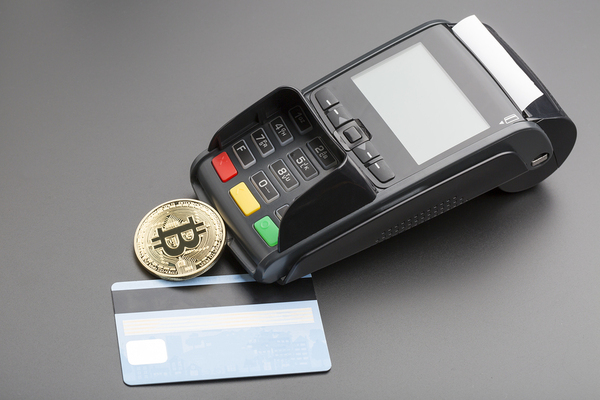
According to the Cambridge Center for Alternative Finance, there are three million altcoin users worldwide as of May 2017. “Cryptocurrencies such as bitcoin have been seen by some as merely a passing fad or insignificant, but that view is increasingly at odds with the data we are observing,” said Dr. Garrick Hilernan, research fellow at the Cambridge Center and co-author of the report. Many of these users are new converts, drawn in by the lure of a bitcoin worth over $4,000 per coin.
Many of these new bitcoin users will purchase their coins using a credit card. Credit cards are backed by major banks that, until recently, frowned on altcoin purchasing and selling. Though banks are becoming more receptive to the idea of bitcoin as the digital currency goes mainstream, this does not mean that buying bitcoin with your credit card is the same as buying groceries with your credit card. There are considerations to be weighed before you make your first purchase.
Know Your Credit Card
If you want to purchase bitcoin with a credit card, the very first thing you should do is speak to your credit card provider. It is important that you know the terms and restrictions that come with using your credit card to buy bitcoin. Credit card providers are required to follow anti-money laundering (AML) and know-your-customer (KYL) practices, which may prevent the provider from doing business with exchanges that have been flagged for suspicious transactions.
When you contact your credit/debit card provider, it is crucial to ask:
- Am I permitted to buy altcoins with this card?
- Is there a purchasing limit for altcoins?
- What is the resolution process for altcoin purchases? Is there any difference from a normal transaction?
- Is there any reporting responsibility for my purchase?
Many banks have extensive protections in place regarding buying altcoins using a credit card. These protections where instituted after a number of fraudsters decided to buy bitcoin using stolen credit cards. This caused chargebacks, which collapsed many exchanges. These chargebacks were not limited to just the stolen cards but to all of the purchases, legitimate or otherwise, that were charged to the affected banks by the exchange.
Know Your Exchange
The chargeback scandal directly affected how exchanges deal with new credit card users. Most require the submission of a photo ID before you can use a credit card for purchases. Other may require additional verification steps, such as using 3D Secure, a security service that is sold as “Verified by Visa,” MasterCard SecureCode, and others.
Exchanges may also limit credit card purchases. For most cards, purchases under $1,000 are protected. For large bitcoin purchases, most exchanges will require a direct funds transfer, such as a wire transfer.
Many exchanges charge service fees for using a credit card. This service fee varies greatly from exchange to exchange and is assessed at the time of purchase. It is imperative that you know about this fee and be prepared to accept it.
Finally, you should know that you cannot sell altcoins with a credit card. Selling altcoins will require a direct bank transfer to process account withdrawals unless you opt for a paper check option, which may be available for select exchanges.
Conclusion
There is no need to feel uneasy about using a credit card to make your bitcoin purchases. Take the time to ask the right questions and learn the rules of buying and selling bitcoin before you invest. Investigate your credit card provider’s policies regarding bitcoin purchase, and determine the costs and fees associated with using a credit card to purchase digital currency.
As always, the key to successful investing is knowledge. Want more? Subscribe to Bitcoin Market Journal today!

